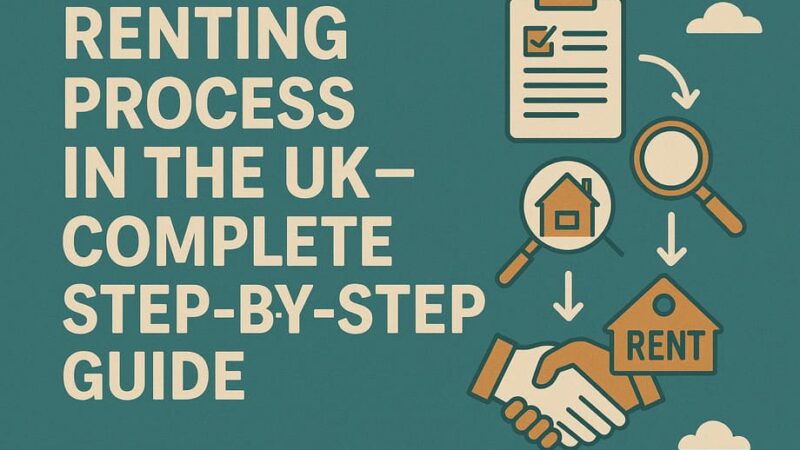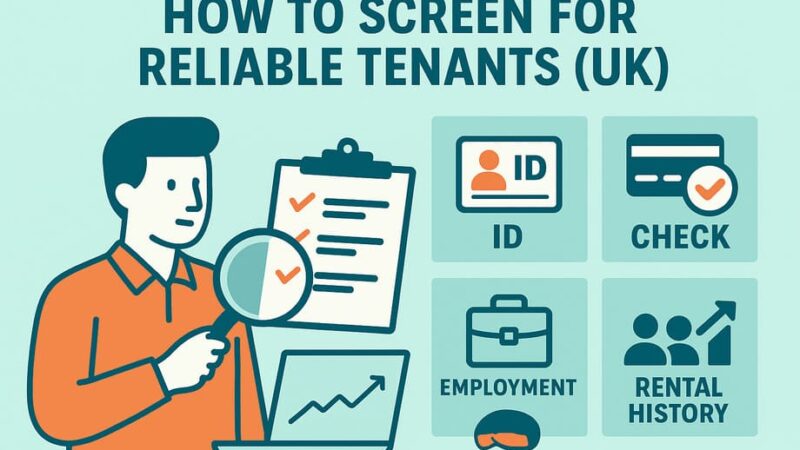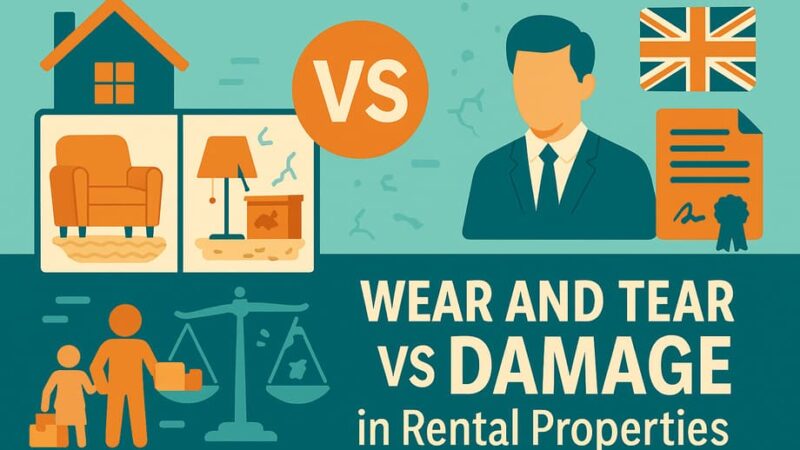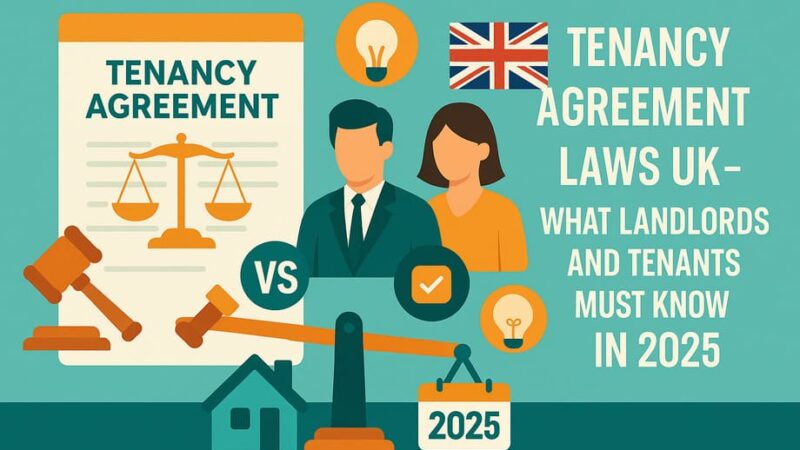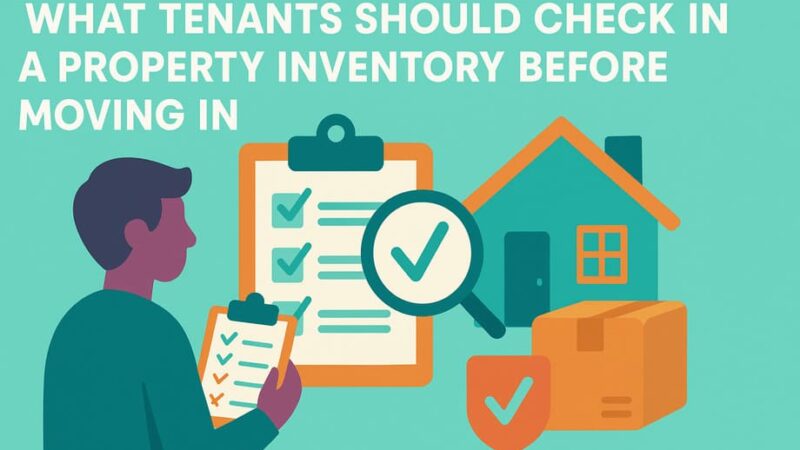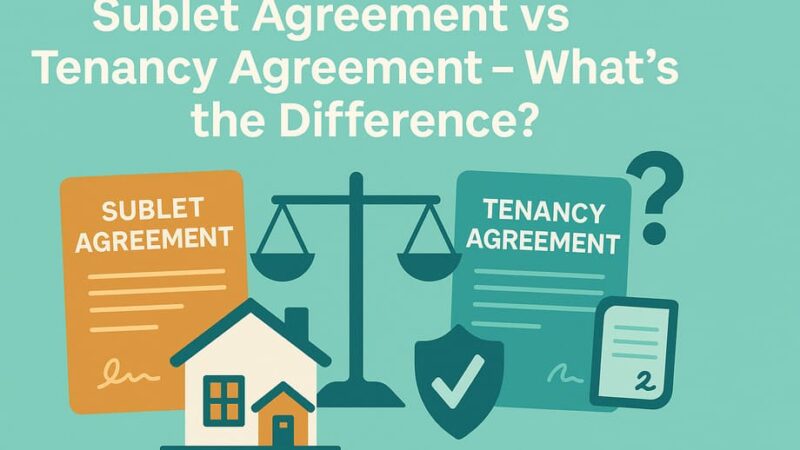A Guide to Finding DSS Accepted Rental Properties in the UK
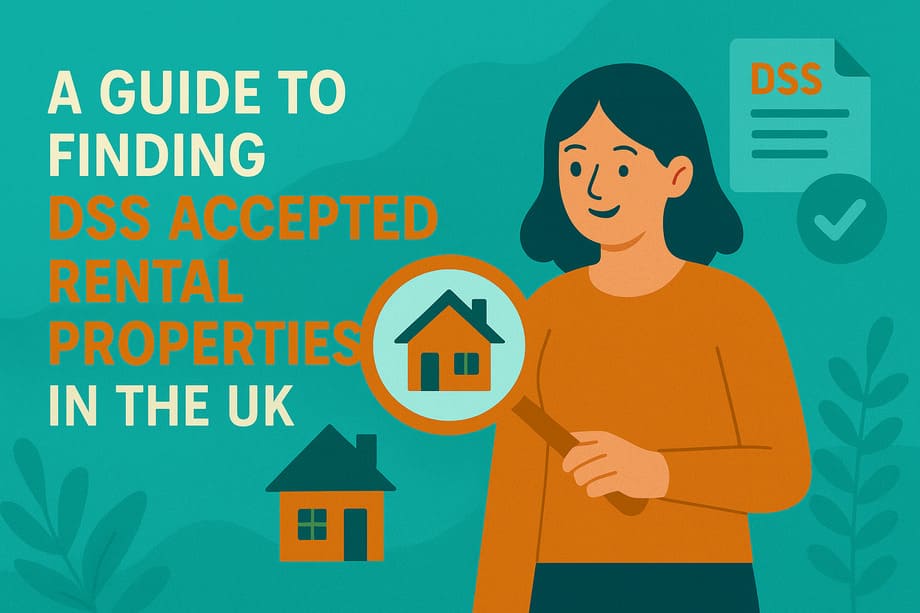
Finding rental accommodation when receiving housing benefits or Universal Credit can feel challenging. Despite legal protections against discrimination, many benefit recipients still encounter barriers when searching for housing benefit welcome properties. This guide walks you through finding DSS accepted rental properties, understanding your rights, and securing accommodation successfully.
Understanding DSS and Housing Benefits
The term “DSS” originates from the Department of Social Security, which historically administered benefits in the UK. Although this department no longer exists, the term persists in the rental market. Today, “DSS tenants” or “DSS accepted properties” refer to rental situations where landlords accept tenants receiving housing benefits or Universal Credit.
Housing benefits help eligible individuals pay their rent through Universal Credit (which includes housing costs) or Housing Benefit. The Local Housing Allowance (LHA) determines the maximum amount you can receive based on your location and household size.
Why Finding DSS Accepting Landlords Can Be Challenging
Tenants receiving benefits often face significant hurdles in the rental market when searching for DSS accepting landlords. Understanding why landlords may be hesitant helps you address their concerns effectively.
Common Landlord Concerns
Payment Reliability: Some landlords fear delays with benefit payments. Universal Credit is paid monthly and directly to tenants, which can create anxiety about whether rent will be paid on time.
Insurance and Mortgage Restrictions: Many buy-to-let mortgage agreements and landlord insurance policies include clauses restricting renting to tenants on benefits.
Affordability Gaps: In high-cost areas, the Local Housing Allowance often doesn’t cover full market rent, and landlords worry about shortfalls.
Negative Stereotypes: Unfortunately, unfair stereotypes persist about benefit recipients, despite research showing DSS tenants are just as reliable as other tenants.
Legal Protections
A landmark 2020 court ruling determined that blanket “No DSS” policies constitute indirect discrimination under the Equality Act 2010. This means landlords and letting agents cannot automatically exclude you simply because you receive benefits, though they can assess applications individually based on affordability and references.
Where to Find DSS Accepted Properties
Several specialized platforms and resources cater specifically to finding DSS accepted properties and housing benefit welcome rentals.
Specialist DSS Property Websites
DSSMove: This dedicated platform lists DSS properties to rent where all landlords explicitly accept DSS tenants. Properties range from one-bedroom flats to five-bedroom houses, with new DSS accepted listings added daily. You can filter searches by location, property type, and rent range. All properties say “yes to DSS.”
MovingSoon: Focuses on affordable and social housing options, including council and housing association properties. Many listings are DSS accepted no deposit properties to rent, making them particularly attractive for benefit recipients.
Benefit Housing: Provides resources specifically for DSS tenants, including a directory of DSS accepting letting agents and available DSS housing across the UK.
General Property Portals
OpenRent: Allows direct contact between landlords and tenants without agency fees. OpenRent includes filters for DSS accepted properties and housing benefit welcome listings, and you can explain your situation upfront to private landlords who accept DSS.
Gumtree: This popular classifieds site features many private landlords accepting DSS. Search using keywords like “DSS accepted,” “housing benefit welcome,” “Universal Credit accepted,” or “no DSS restrictions.”
Rightmove and Zoopla: These major property portals sometimes include DSS accepting properties. Contact letting agents or landlords directly to inquire about their policy on housing benefit tenants.
Local Council Resources
Most local councils maintain lists of private landlords accepting DSS and properties available to benefit claimants. Contact your council’s housing department to access these lists. Many councils also operate landlord liaison schemes and provide rent deposit schemes or bond schemes that help you access DSS accepted no deposit properties.
Housing Associations
Housing associations provide affordable rental accommodation and typically welcome DSS tenants. These social landlords offer DSS housing with secure tenancies. Visit your council’s housing register to apply for social housing.
Community Resources
Local Facebook Groups: Join local housing groups and post about your search for DSS accepted rentals you may find private landlords that accept DSS or helpful connections.
Housing Charities: Organizations like Shelter and Crisis provide advice and may know of available DSS properties to rent in your area.
Improving Your Chances of Securing DSS Accepted Housing
Presenting yourself as an attractive tenant significantly improves your success rate when searching for DSS accepting landlords.
Prepare Comprehensive Documentation
Have all necessary documents ready when applying for DSS accepted properties:
- Benefit award letters showing your Universal Credit or Housing Benefit amount
- Bank statements showing financial management
- Previous landlord references with positive feedback
- Identification (passport or driving licence)
- Guarantor details if you have one
Offer Direct Payment to Landlords
Offering to arrange Alternative Payment Arrangements (APA) through Universal Credit, which pays rent directly to the landlord, can alleviate payment worries. This direct payment arrangement makes you more attractive to DSS accepting landlords. Contact your Universal Credit work coach to request this arrangement.
Provide a Guarantor
A guarantor, someone who agrees to pay your rent if you cannot—significantly strengthens your application for DSS properties. Finding private landlords that accept DSS and no guarantor can be challenging, so having guarantor support improves your options. Guarantors are typically family members or close friends with steady income and good credit history.
Write a Cover Letter
Include a brief, professional cover letter explaining why you’re interested in the property, your reliability as a tenant, and how you’ll ensure consistent rent payment. Emphasize your status as a responsible DSS tenant.
Be Professional
Respond quickly to viewing invitations for DSS accepted properties, dress appropriately, and express genuine interest. Professional behavior reassures landlords accepting housing benefit tenants about your tenancy.
Understanding Your Rights as a DSS Tenant
DSS tenants have exactly the same rights and responsibilities as any other tenant. When renting DSS accepted properties, your tenancy agreement should include the same terms, and you’re entitled to the same protections under housing law.
Landlords cannot impose different terms simply because you receive housing benefits. Any deposit you pay must be protected in a government-approved tenancy deposit scheme, and your rental property must meet the same health and safety standards.
If you encounter “No DSS” discrimination or unfair treatment, you can complain to your local council’s housing enforcement team, Citizens Advice, or Shelter for legal guidance.
Common Myths About DSS Tenants
Myth: DSS tenants are unreliable and don’t pay rent.
Reality: Research shows housing benefit recipients are just as reliable as other tenants. Many have stable benefit income that’s more predictable than some employment situations. Direct payment to landlords further ensures reliability.
Myth: DSS tenants cause more property damage.
Reality: Tenant behavior varies individually regardless of income source. Private landlords accepting DSS can minimize risks through proper referencing and deposits—tools available for all tenants.
Dealing with Affordability Issues
When market rents exceed your LHA rate for DSS housing, you’ll need strategies to bridge the gap.
Discretionary Housing Payments
If your LHA doesn’t cover your rent for DSS accepted properties, apply to your local council for a Discretionary Housing Payment (DHP). These additional payments help with housing costs and are assessed based on individual circumstances.
Shared Accommodation
House-sharing or flat-sharing significantly reduces costs for DSS tenants. The Shared Accommodation Rate (SAR) applies to single people under 35, but sharing can be more affordable than renting alone. Look for DSS accepted house shares.
Moving to More Affordable Areas
Research LHA rates in different locations and consider areas where benefits better match market rents for DSS properties. Outer London boroughs, for example, typically have more DSS accepting landlords and affordable DSS housing than central London.
Working with Letting Agents
Not all letting agents work with housing benefit tenants, so ask upfront about their policy on DSS accepted rentals. Those that do often advertise this explicitly as “DSS welcome” or “housing benefit accepted.”
Questions to Ask
- Do you have DSS accepted properties available?
- Do you work with housing benefit or Universal Credit tenants?
- What documentation do you require from DSS tenants?
- Do you require guarantors for DSS rentals?
- What are your referencing criteria for benefit claimants?
Remember, tenant fees are banned in England, so letting agents cannot charge you application or referencing fees when applying for DSS properties to rent.
What to Do If You’re Struggling to Find DSS Housing
If your search for DSS accepted rentals isn’t yielding results, additional support is available.
Contact Your Local Council
Council housing departments can provide lists of DSS accepting landlords, information about social housing and DSS accepted no deposit properties, access to bond or deposit schemes, and temporary accommodation if you’re homeless or at risk.
Seek Help from Housing Charities
Organizations like Shelter and Crisis offer one-to-one housing advice, help with applications for DSS properties, advocacy with landlords accepting DSS, and support if facing homelessness.
Consider Supported Housing
If you have additional needs, supported housing services provide accommodation with support staff. These often accept housing benefit and Universal Credit. Contact your council or local charities about referrals.
Maintaining Your Tenancy Successfully
Once you’ve secured DSS accepted accommodation, maintaining a positive relationship ensures stability. Pay rent consistently, report repairs promptly, follow tenancy agreement terms, and keep communication open with your landlord accepting DSS.
Frequently Asked Questions About Finding DSS Accepted Rentals
Can landlords refuse DSS tenants?
Landlords cannot have blanket “No DSS” policies as this constitutes discrimination. However, they can refuse individual applications based on legitimate concerns like affordability or poor references, provided criteria apply equally to all tenants.
Do I need a guarantor to rent as a DSS tenant?
Not always, but having a guarantor significantly improves your chances with DSS accepting landlords. Many landlords request guarantors from housing benefit recipients as additional security. Some private landlords accept DSS and no guarantor, but these are less common.
Can I rent privately on Universal Credit?
Yes, many private landlords accept DSS and Universal Credit tenants, particularly when direct payment arrangements to the landlord are in place. Use specialist DSS property websites to find housing benefit welcome rentals.
How much rent can I afford on benefits?
Your LHA rate determines the maximum housing costs covered. Check your local LHA rates on the government website. You’ll need to cover any shortfall from other income or apply for Discretionary Housing Payments when renting DSS accepted properties.
Are no deposit DSS properties available?
Yes, some social housing providers and council properties offer DSS accepted no deposit rentals. Private landlords typically require deposits, but council deposit schemes may help with upfront costs for DSS housing.
Can estate agents charge me extra fees?
No. Tenant fees are banned in England. Letting agents cannot charge you application fees, referencing fees, or additional costs for being on housing benefits when applying for DSS properties to rent.
How long does it take to find accommodation?
Timescales for finding DSS accepted rentals vary based on location and demand. In competitive markets, searches may take several months. Starting early and using multiple DSS property websites and search strategies improves your chances.
What if benefits don’t cover the full rent?
Apply for Discretionary Housing Payments from your council. Alternatively, consider DSS properties within your LHA rate or shared accommodation to reduce costs.
Final Thoughts on Finding DSS Accepted Rental Properties
Finding rental accommodation as a DSS tenant presents challenges, but it’s far from impossible. With over 1.5 million households receiving housing support in the UK, many tenants successfully maintain private tenancies with DSS accepting landlords.
The key to success lies in knowing where to look for DSS properties to rent, presenting yourself professionally, understanding your rights against “No DSS” discrimination, and being persistent. Use specialized platforms like DSSMove and OpenRent that list DSS accepted properties, maintain organized documentation, be upfront about your housing benefit status, and don’t be discouraged by initial rejections.
Remember that discrimination against benefit recipients is illegal, and legal protections exist to support you. The rental market is changing, with increasing recognition that DSS tenants are reliable and valuable. More private landlords accepting DSS are emerging, particularly as they realize the security that consistent benefit income provides.
Stay positive, use the resources and strategies outlined in this guide to find DSS housing, and don’t give up. Your ideal DSS accepted rental property with housing benefit welcome is out there.
Last Updated on October 20, 2025 by James Cartwright


